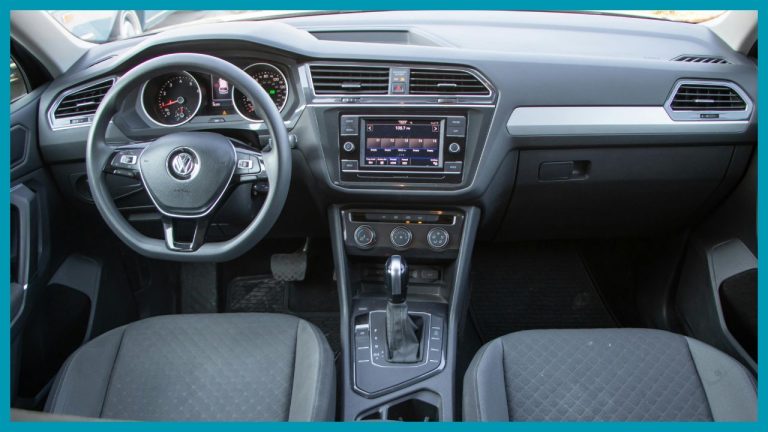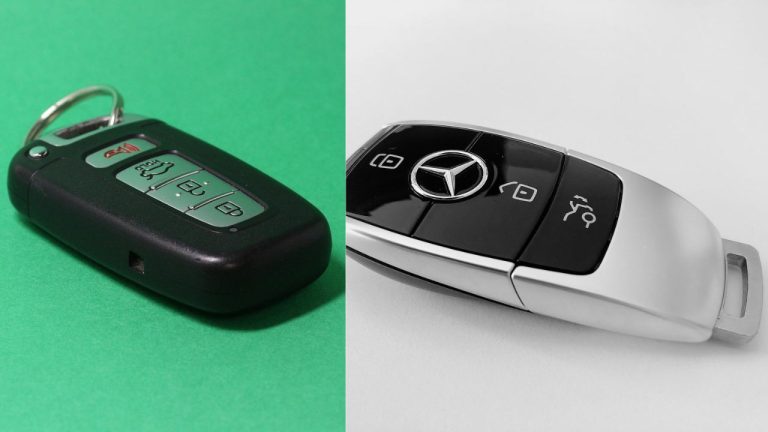An electric car battery typically lasts between 8 to 15 years, depending on various factors such as usage, maintenance, and the specific battery technology used. As the world transitions towards more sustainable transportation options, electric cars have gained significant popularity.
Read the article about
With their environmentally-friendly nature and potential for cost savings, it’s no wonder many are considering making the switch. However, a common concern remains: How long will an electric car battery last? The lifespan of an electric car battery can vary based on several factors.
One crucial factor is usage. A battery that is heavily utilized, such as for long commutes or frequent road trips, will likely degrade faster than one used for shorter and less demanding trips. Proper maintenance is another essential aspect, as regularly scheduled maintenance and following manufacturer guidelines can help maximize battery life.
Additionally, the specific battery technology used also plays a significant role. Different electric vehicles employ various types of batteries, such as lithium-ion or nickel-metal hydride, each with its own lifespan characteristics. Overall, while the average lifespan of an electric car battery ranges from 8 to 15 years, it is crucial to consider factors like usage, maintenance, and the battery technology employed to ensure maximum longevity.
Understanding The Factors Influencing Electric Car Battery Longevity
Battery Chemistry and Technology: The longevity of an electric car battery is influenced greatly by its battery chemistry and technology. Different types of batteries, such as Lithium-ion (Li-ion), Nickel-metal Hydride (NiMH), and Lithium-polymer (Li-poly), have varying lifespans. Li-ion batteries, commonly used in electric cars, can typically last between 8-15 years or 100,000-200,000 miles, depending on various factors.
Driving Habits and Patterns: How an electric car is driven can also affect the battery’s lifespan. Frequent rapid acceleration, hard braking, and extended periods of high-speed driving can put additional strain on the battery, reducing its overall longevity. Optimal charging practices, taking breaks during long trips, and avoiding short trips can help extend the battery life.
Climate and Weather Conditions: The climate and weather conditions in which an electric car operates significantly impact its battery lifespan. Extreme temperatures, particularly high heat, can degrade the battery cells faster. Proper battery cooling and insulation systems can help mitigate this effect. On the other hand, cold weather reduces the battery’s efficiency temporarily, but it does not impact the overall lifespan.
How Long Does an Electric Car Battery Last?
Electric car batteries have an average lifespan that can vary based on several factors. Some manufacturers estimate that their batteries can last up to 10 years or more before needing replacement. However, the actual longevity of a battery largely depends on the specific vehicle and usage.
Electric car battery lifespan can be affected by factors such as temperature, charging habits, and driving conditions. While there is no universal data for all electric cars, vehicle-specific battery lifespan information can often be obtained from manufacturers. This data can provide owners with a general idea of how long their battery may last under typical use.
| Factors Affecting Battery Degradation Rate |
| – Temperature extremes |
| – High-speed driving |
| – Frequent fast charging |
| – Deep discharges |
| – Age and mileage |
Battery degradation can occur over time due to these factors and may lead to a decrease in overall battery capacity. It’s important for electric car owners to consider these factors and follow proper charging and driving practices to maximize the lifespan of their battery. Regular maintenance and keeping the battery within a suitable temperature range can also help extend its lifespan.
Tips For Maximizing Electric Car Battery Lifespan
Electric car battery lifespan is a concern for many prospective buyers. Proper charging and discharging practices play a crucial role in maximizing battery longevity. Avoid overcharging by using a timer or smart charging feature. Similarly, do not allow the battery to fully discharge regularly. Maintaining optimal temperature conditions is also vital. Extreme cold or hot temperatures can degrade the battery faster. Park the car in shaded areas or use a garage when possible. Regular battery inspections and maintenance can help identify early signs of deterioration. Check for corrosion, leaks, or physical damage and address them promptly. Keep the battery clean and dry, and avoid stacking heavy objects on it. Following these tips can help extend the lifespan of an electric car battery significantly.
What Happens When an Electric Car Battery Degrades?
Battery degradation is an inevitable reality for electric car owners. Over time, the performance and range of an electric vehicle (EV) can be significantly affected as the battery degrades. Symptoms of battery degradation begin to appear, indicating the need for actions to maintain the vehicle’s performance and range.
As an electric car battery deteriorates, several symptoms can arise. Firstly, the vehicle’s range per charge decreases, resulting in a reduced distance it can travel on a single charge. Secondly, the battery’s capacity may diminish, leading to a longer charging time to reach a full charge. Additionally, the power output may decrease, affecting the vehicle’s performance and acceleration. It is important for owners to be aware of these symptoms as they indicate the need for battery maintenance and potential replacement.
Battery degradation has a direct impact on the performance and range of an electric car. As the battery’s capacity decreases, it can result in reduced acceleration and slower top speed. Moreover, the range per charge becomes limited, causing owners to rely more on frequent charging or restricting their travel distances. It is crucial for EV owners to monitor their battery’s health to ensure optimal performance and plan their journeys accordingly.
When an electric car battery degrades beyond an acceptable level, owners need to explore replacement or reconditioning options. Battery replacement involves getting a new battery pack, while reconditioning aims to restore some of the lost performance through specialized techniques. Depending on the cost and availability, owners can choose the most suitable option to regain their vehicle’s performance and range.
Strategies For Extending The Lifespan Of Electric Car Batteries
When it comes to the lifespan of an electric car battery, there are strategies that can be employed to extend its longevity. One important aspect is the implementation of advanced battery management systems (BMS) that monitor and control the performance of the battery. These systems can help optimize charging and discharging processes, prevent overcharging and over-discharging, and ensure the battery operates within its safe range.
Battery upgrades and retrofits are another option to consider. As technology advances, newer and more efficient batteries become available. Upgrading to a higher-capacity or longer-lasting battery can significantly extend the overall lifespan of an electric car.
Furthermore, ongoing research and development in battery technology are constantly pushing the boundaries. Scientists and engineers are working to improve battery chemistry, increase energy density, and enhance overall performance. These advancements will ultimately lead to batteries that can withstand more charge cycles and have a longer lifespan.
Long-term Viability Of Electric Car Batteries
Electric car batteries have come a long way in terms of their long-term viability. Recycling and second life applications have played a crucial role in maximizing the lifespan of these batteries. Rather than disposing of used batteries, they can be recycled and repurposed for other applications. This not only reduces waste but also helps to minimize the environmental impact of electric vehicles.
Future trends and innovations in battery technology show promising developments in improving the longevity of electric car batteries. New advancements in materials and design aim to increase the cycle life of batteries, resulting in extended usage before replacement is needed. These improved batteries offer significant implications for the wider adoption of electric vehicles, as the fear of short battery life diminishes. With ongoing research and development, the lifespan of electric car batteries continues to increase, paving the way for a greener transportation future.
Conclusion
To summarize, an electric car battery’s lifespan is influenced by various factors such as usage patterns, environmental conditions, and battery chemistry. On average, most electric car batteries last between 8 to 15 years or around 100,000 to 200,000 miles. However, advancements in battery technology continue to improve durability and longevity.
Regular maintenance and careful charging habits can also extend the battery’s lifespan. Understanding these factors can help electric car owners make informed decisions and take proper care of their vehicle’s battery.







